The Joint Universities Programme for In-Orbit Training, Education and Research (JUPITER) is an ambitious new programme from three of Space South Central’s partner universities: Surrey, Portsmouth, and Southampton.
As well as providing students with invaluable hands-on space industry experience and training, this collaborative project offers a unique opportunity to bridge the gap between academia and industry, driving innovation and growth within the UK space sector.
What is JUPITER?
JUPITER is a collaborative initiative designed to:
- Equip students with practical, real-world space industry experience and training, enhancing their career prospects.
- Provide students with critical engineering skills in spacecraft development.
- Address the skills gap in the UK space sector by providing specialist training and fostering a new generation of space professionals.
- Drive innovation through collaborative research and development projects.
- Showcase the impact of regional space clusters in driving economic growth and contributing to the National Space Strategy.
Jovian-1: The Inaugural Project
The first project under the JUPITER programme is the Jovian-1 satellite mission. Engineering and physics students from all three partner universities are working together to:
- Design, build, and test an Earth observation payload for a satellite mission.
- Participate in the satellite development and launch.
- Conduct mission operations from the University of Surrey’s ground station at Surrey Space Centre.
Jovian-1 payloads and objectives
The satellite – Jovian-1 – will be around the size of a large shoe box and feature:
- The student-designed Earth observation payload which will take images and videos of the Earth and attempt to use a space-facing camera to look for space debris.
- A FUNcube provided by AMSAT-UK, a communications payload enabling radio signal access and data transmission for schools and colleges.
- Elements of a future Dark Matter experiment being undertaken by the University of Southampton to test low-mass Dark Matter with levitated mechanical sensors.
- A space radiation monitor from the Surrey Space Centre at the University of Surrey, designed to understand space weather effects on satellites.
- A Tiny Machine Learning payload, led by the University of Portsmouth’s Institute of Cosmology and Gravitation.
Why JUPITER Matters
By fostering collaboration between universities and industry, JUPITER is:
- Creating a pipeline of skilled professionals ready to contribute to the growing space sector.
- Driving innovation through cutting-edge research and development.
- Strengthening the UK's position as a global leader in space technology.
For students, the JUPITER project offers several opportunities, including:
- Skill development: The project allows students to develop skills in identifying design challenges and improving their designs to overcome potential problems.
- Real-world experience: JUPITER equips participants with invaluable hands-on space industry experience and training for their future careers.
- Research opportunities: Students can conduct real-world experiments in space and collaborate with leading researchers and industry professionals.
Get Involved
For industry partners:
Are you interested in collaborating with JUPITER, supporting its mission, or exploring potential partnerships? We offer various opportunities for industry involvement, including:
- Sponsorship
- Mentorship
- Research collaborations
- Technology transfer
For students:
Are you a student with a passion for space exploration and engineering? Currently, JUPITER is only open to students from our 3 partner universities, who offer a wide range of UG and PG courses. Find out more:
https://www.southampton.ac.uk/study
https://www.surrey.ac.uk/study
For the public: We'll be attending various events leading up to the launch. Check Space South Central's social media for details.
For schools and colleges: We're developing the JUPITER outreach program. If you're interested, please email Dr. Jen Gupta at jennifer.gupta@port.ac.uk
Testimonials
"It’s been a really rewarding experience, and the project has greatly expanded my engineering knowledge while working on a real satellite that will be launched into space. I am sure this insight will launch my future career in aerospace engineering.
“Knowing that my work is going to blast off into space to collect data about our planet and help uncover the mysteries of dark matter is thrilling.”
- Alejandro Parra Pintado, a student at the University of Southampton
“AMSAT-UK is delighted to be offered the opportunity to provide a payload on the exciting Jovian-1 mission. The FUNcube Lite payload will provide a U/V FM voice transponder facility for amateurs to use for international communications, and will also transmit telemetry, messages and mission data for educational outreach for schools and colleges using the tried-and-tested FUNcube data format.”
- David Bowman, Radio Frequency Communications Engineer and team lead for the AMSAT-UK payload on Jovian-1
“This project is a great opportunity for students to get hands-on with real space engineering, allowing us to further develop the skills from our degrees.
“As the student team lead, I’m already seeing progress in the students’ ability to not only identify potential design challenges, but also in how they’re improving their designs to overcome potential problems. We’re incredibly grateful for this opportunity to advance our skills as spacecraft engineers.”
- Ieuan Carney, University of Surrey PhD student:
Stay Updated
Follow Space South Central and our partner universities for the latest news and updates on the JUPITER programme:








